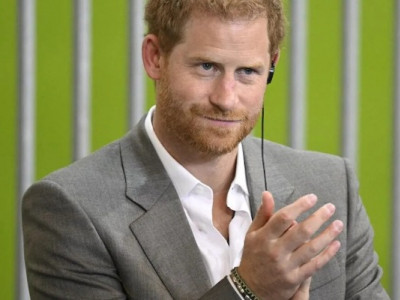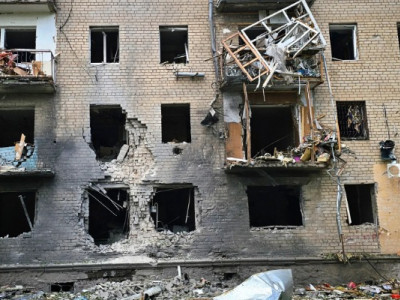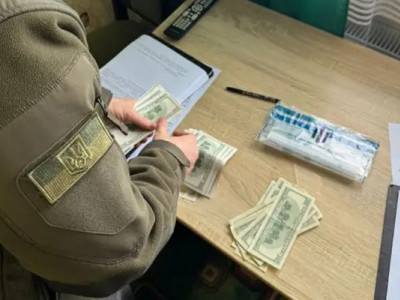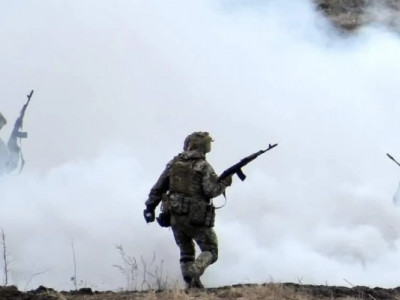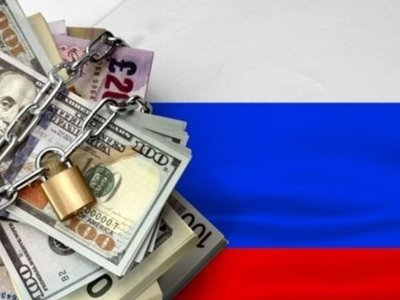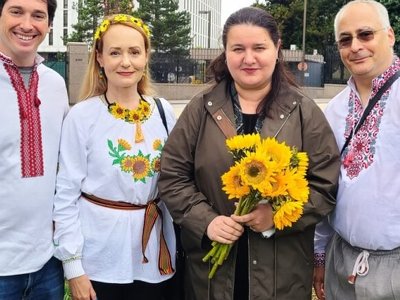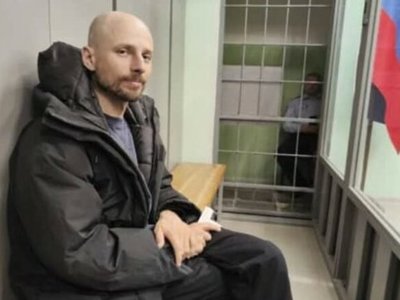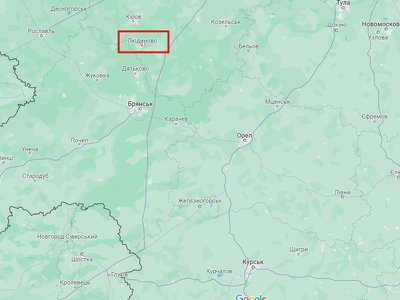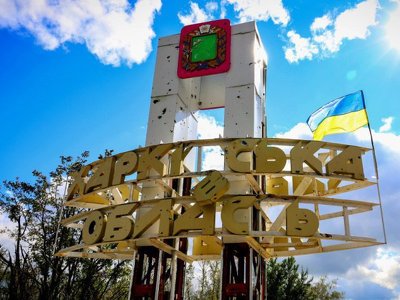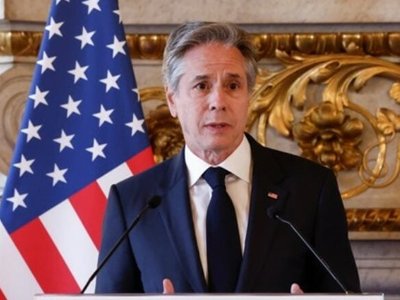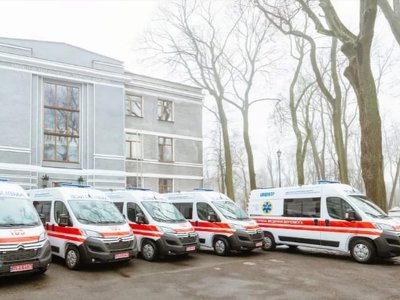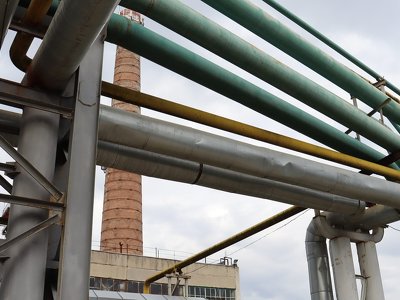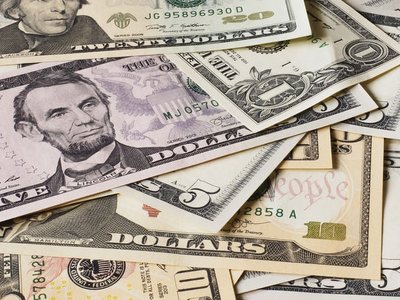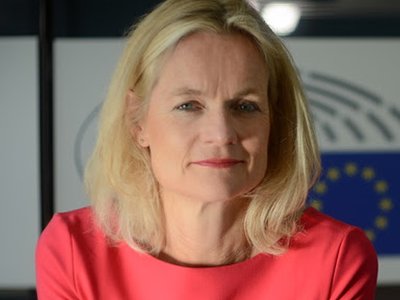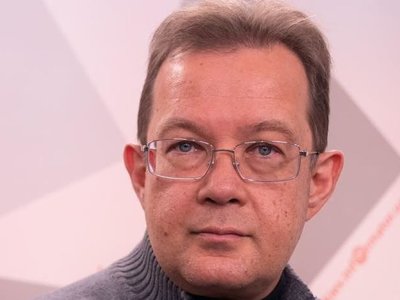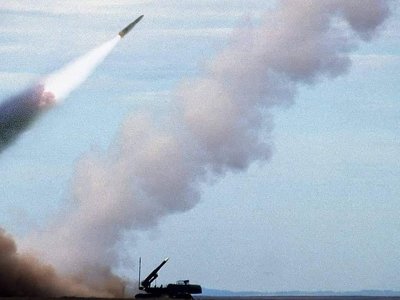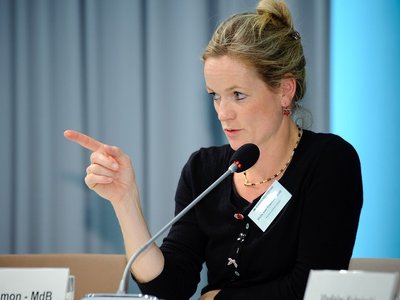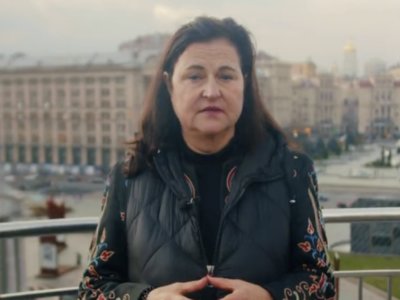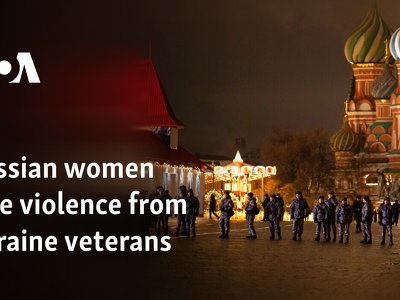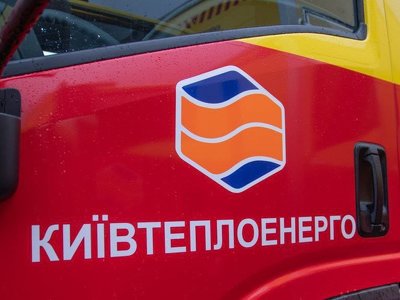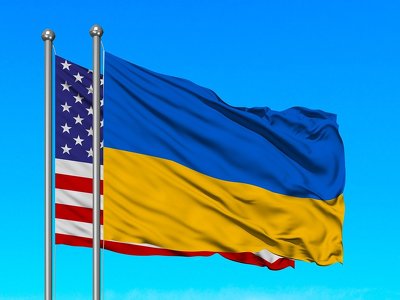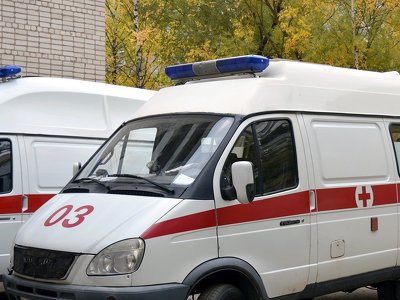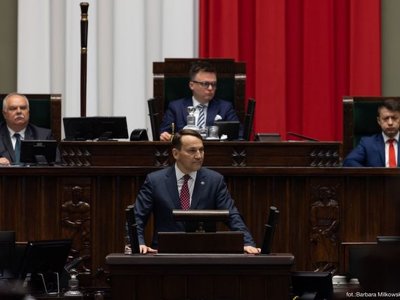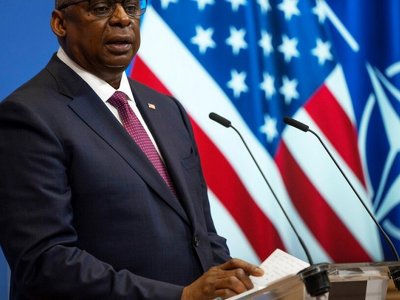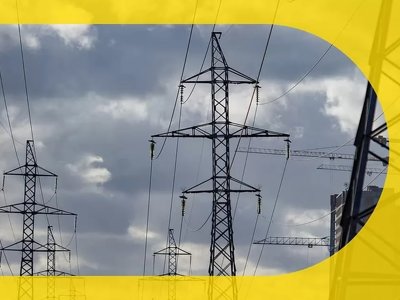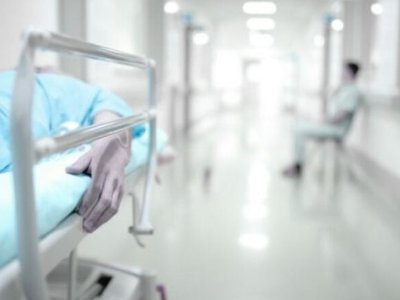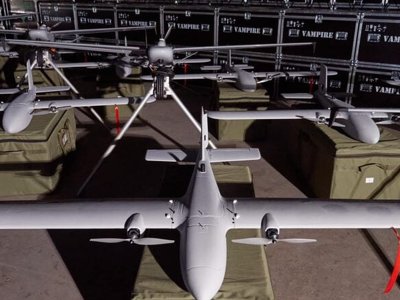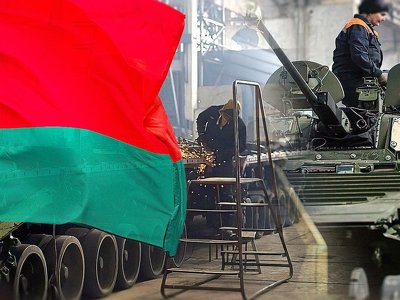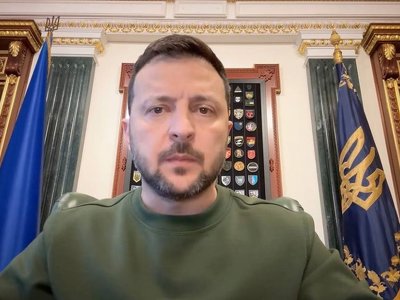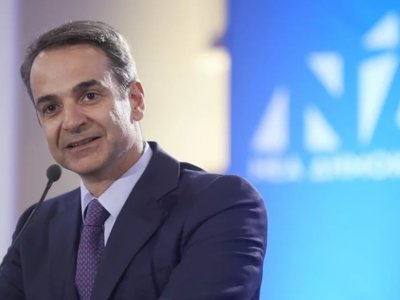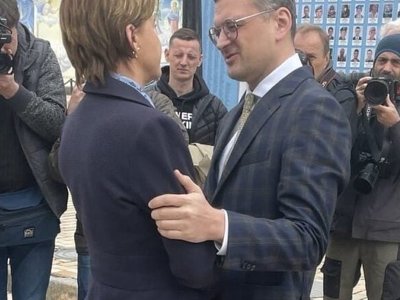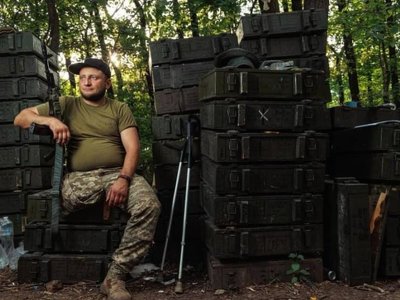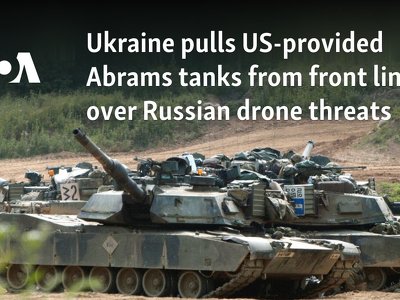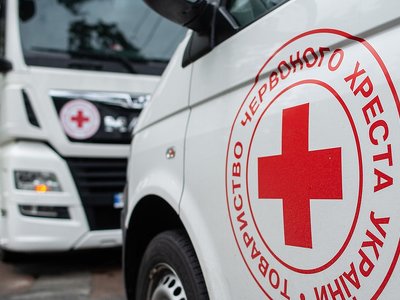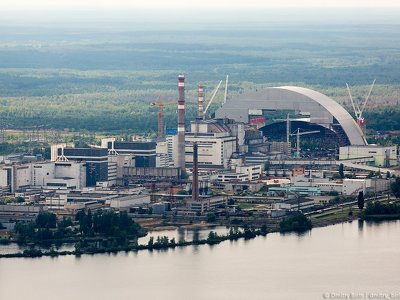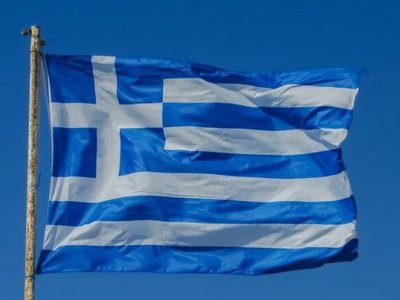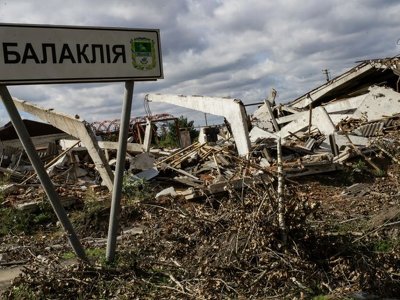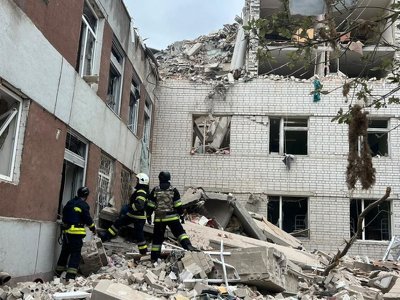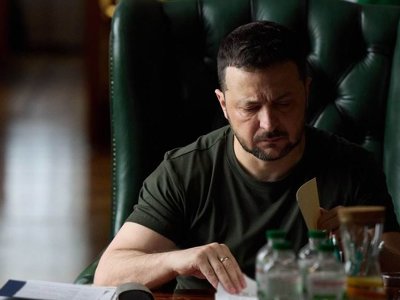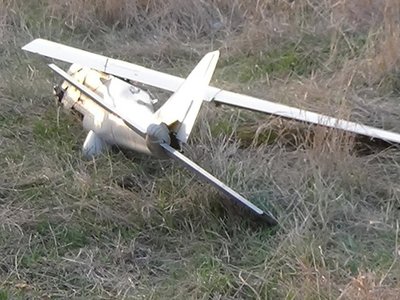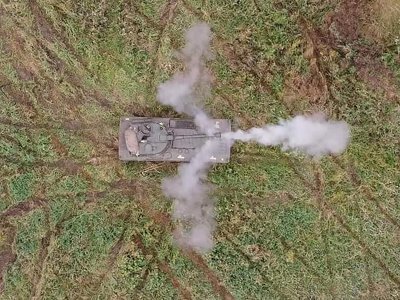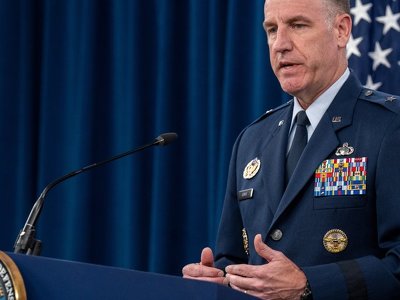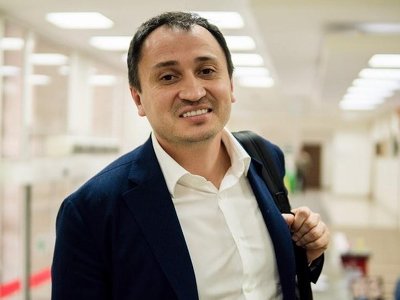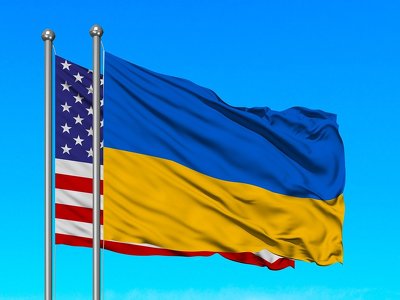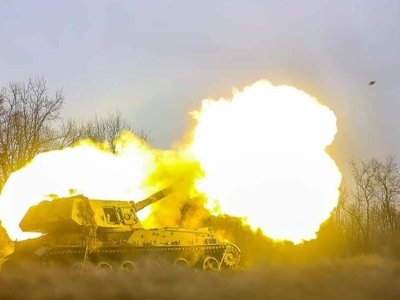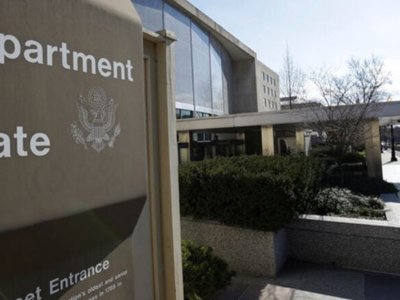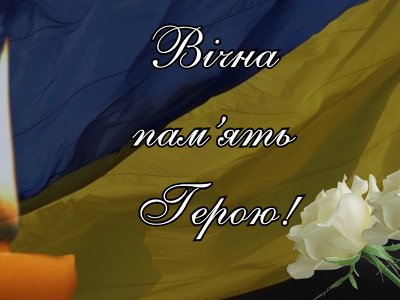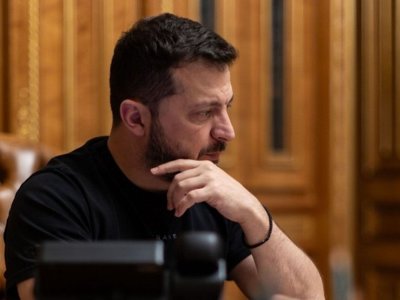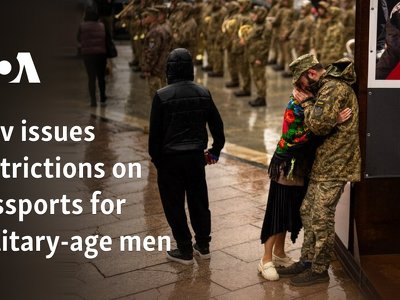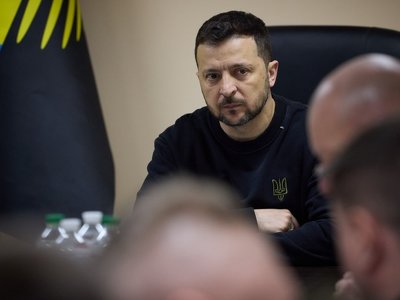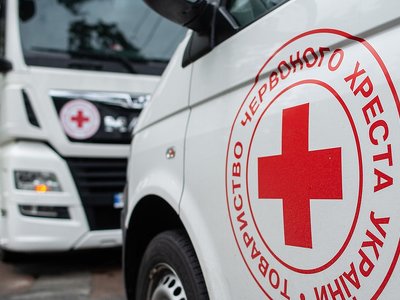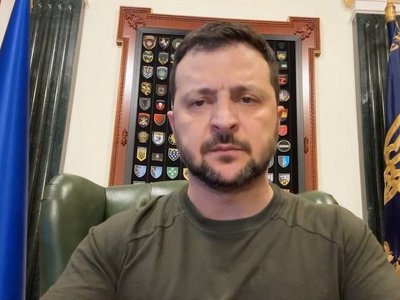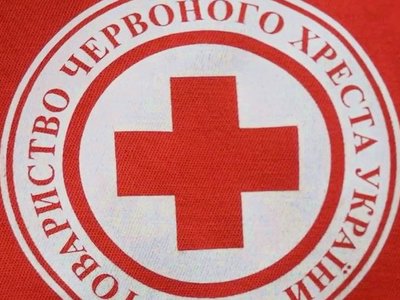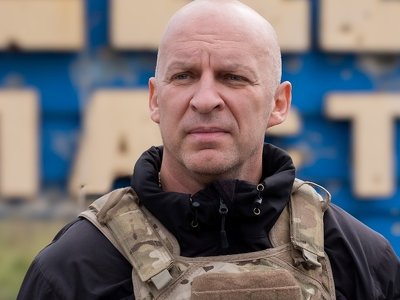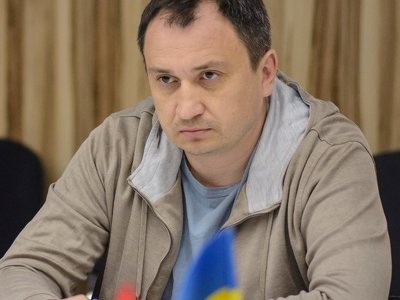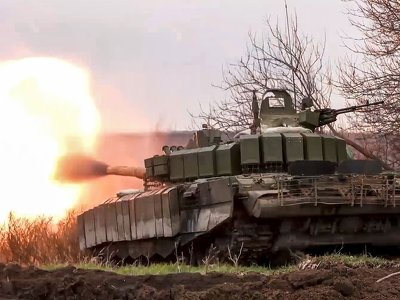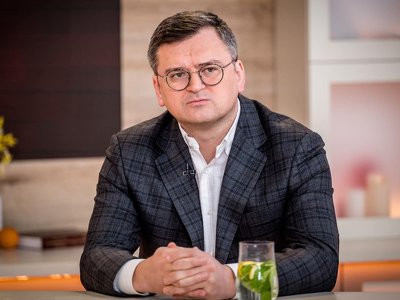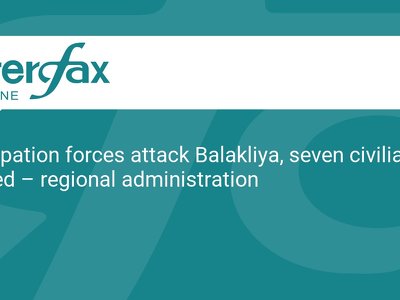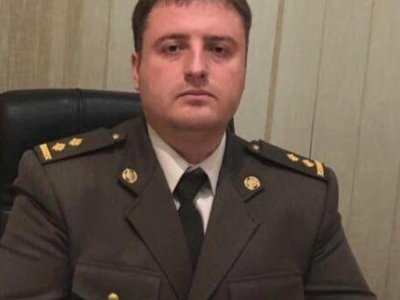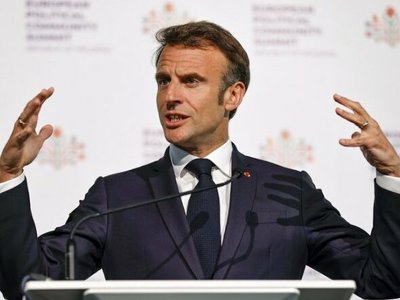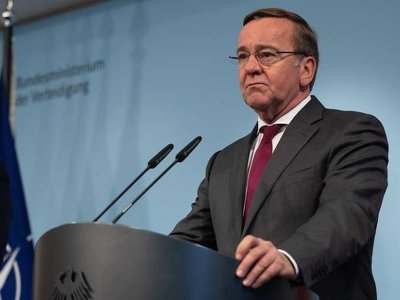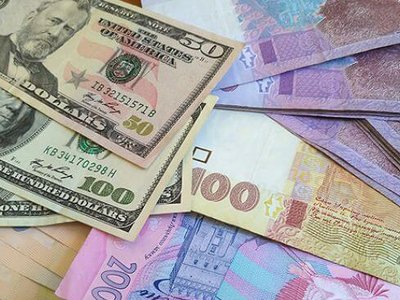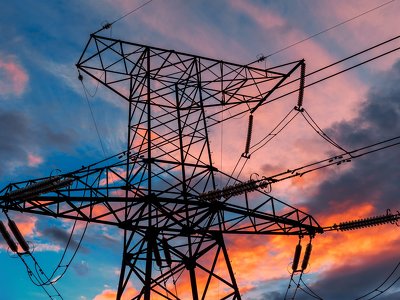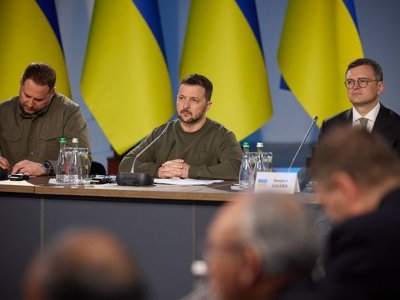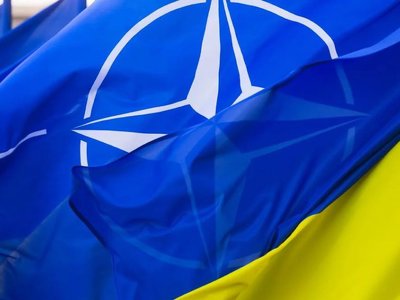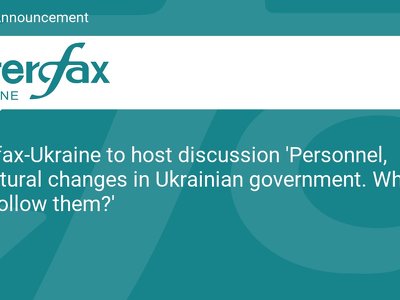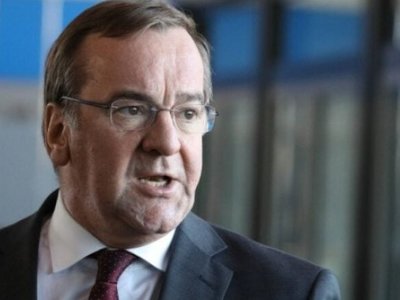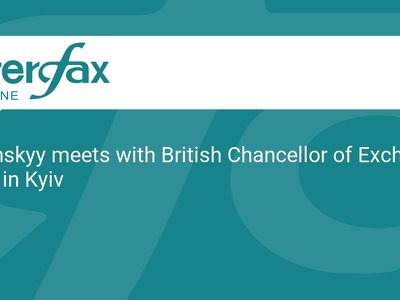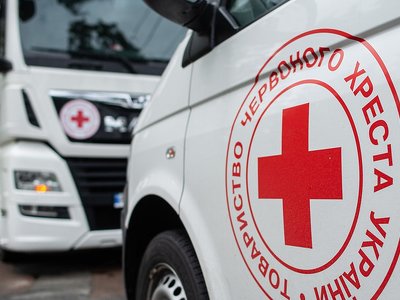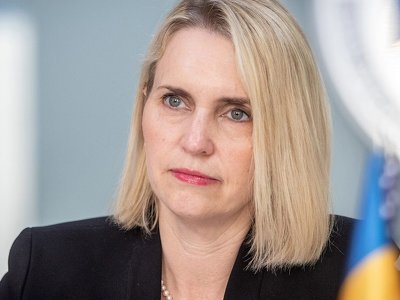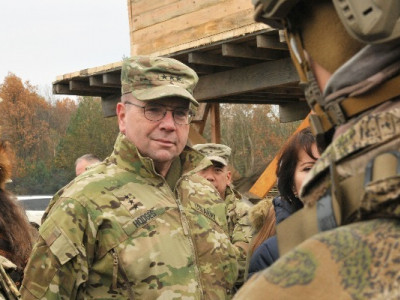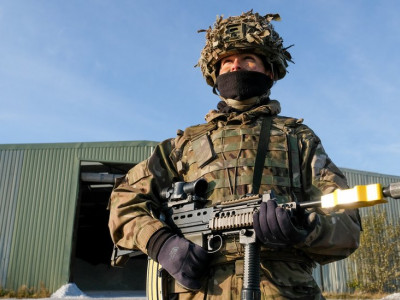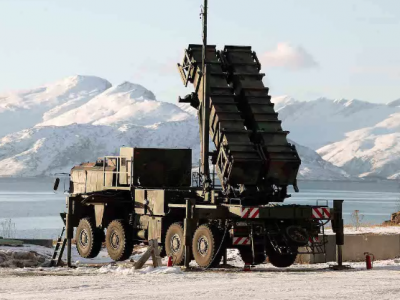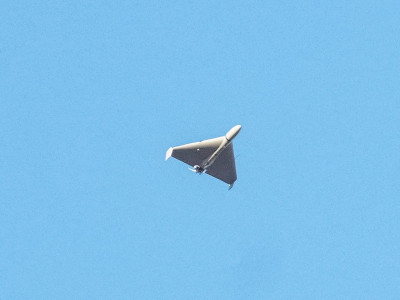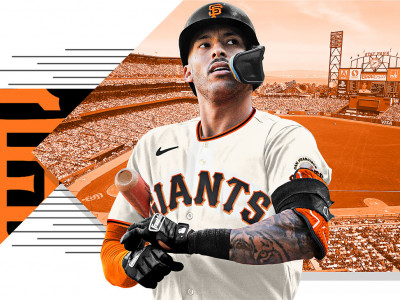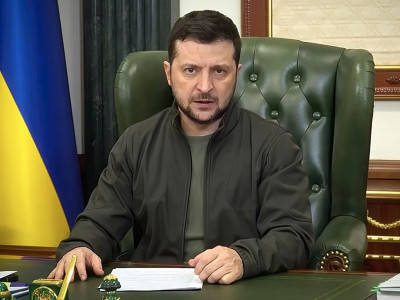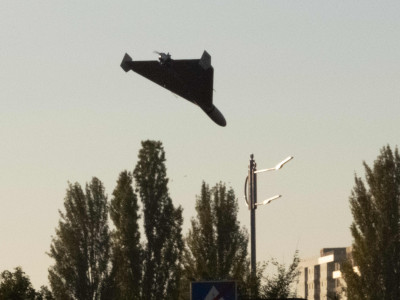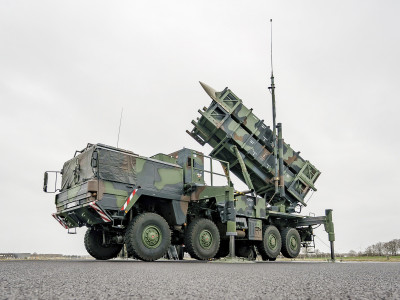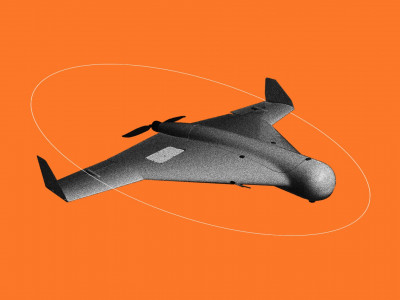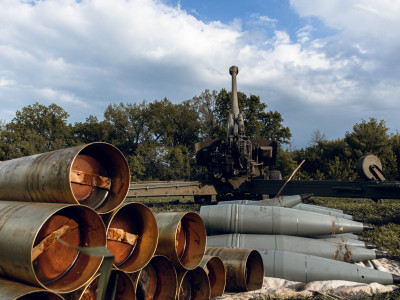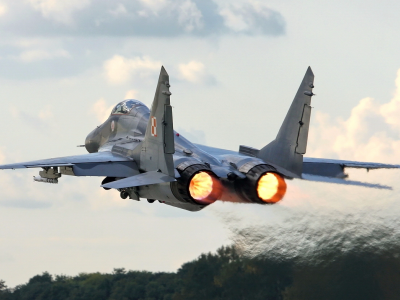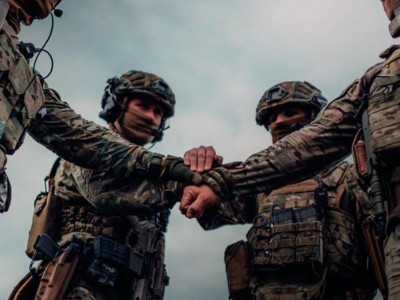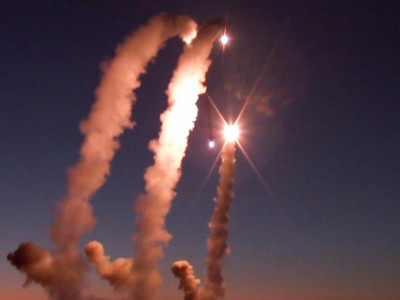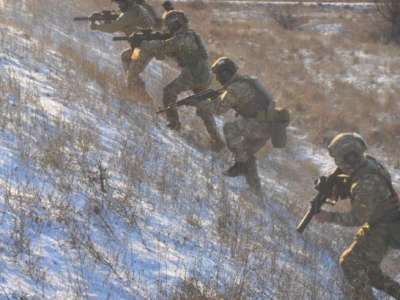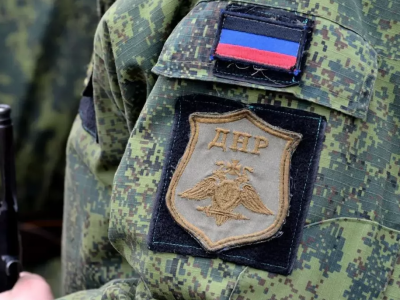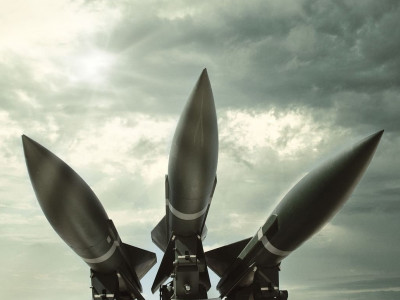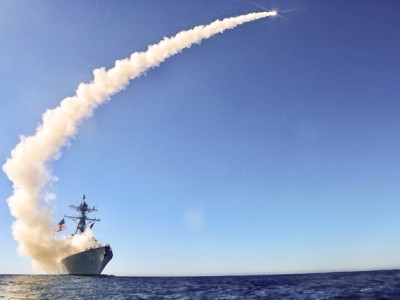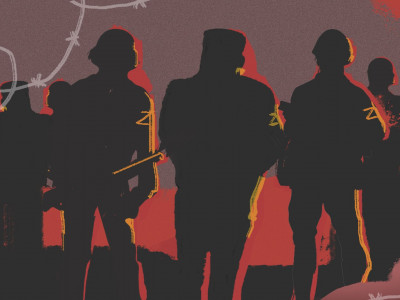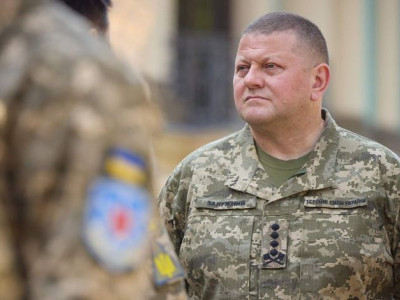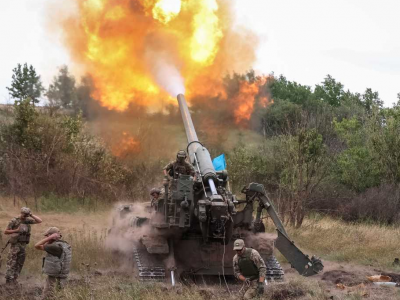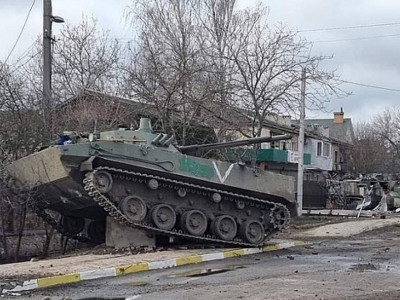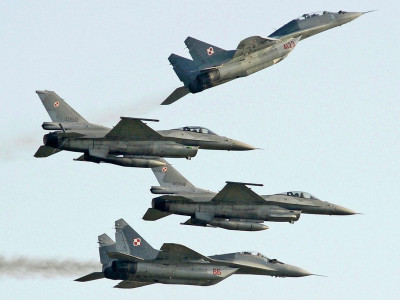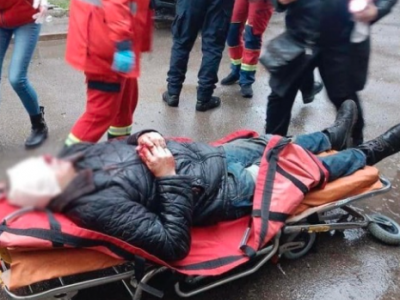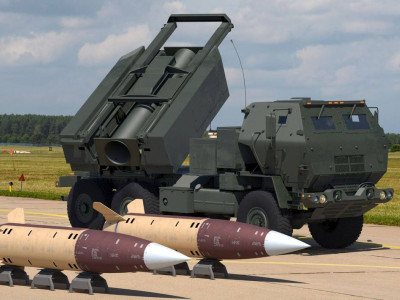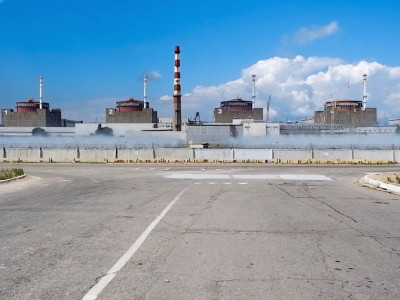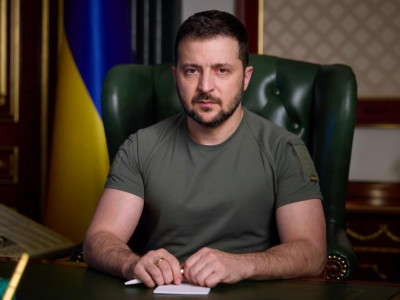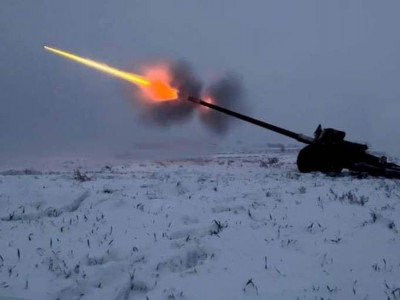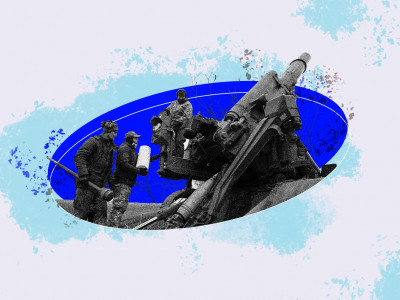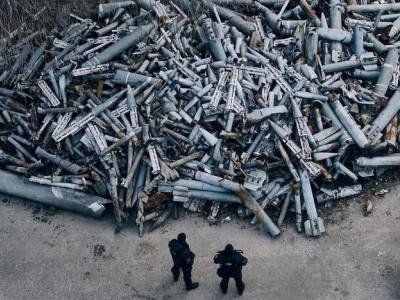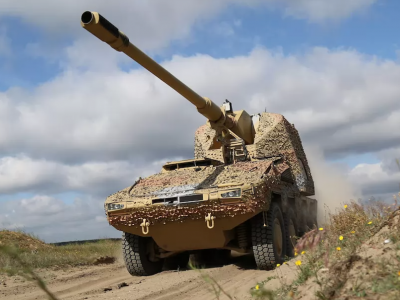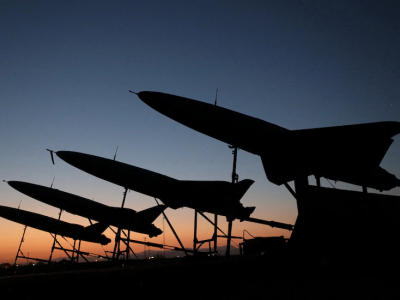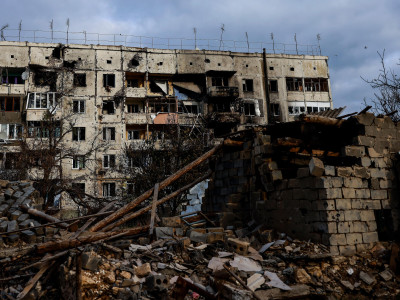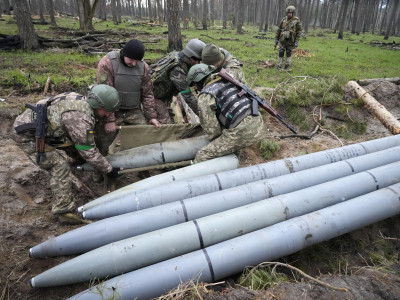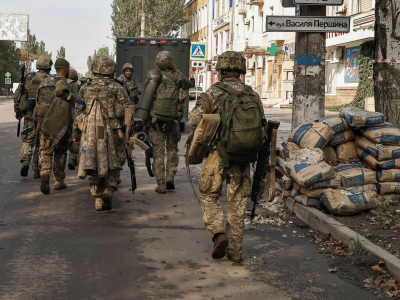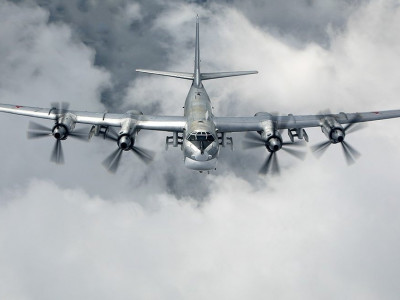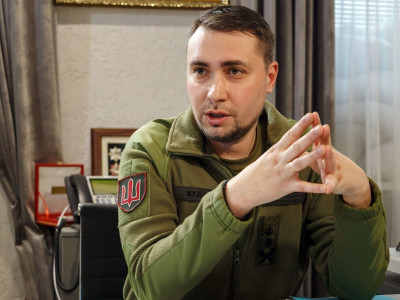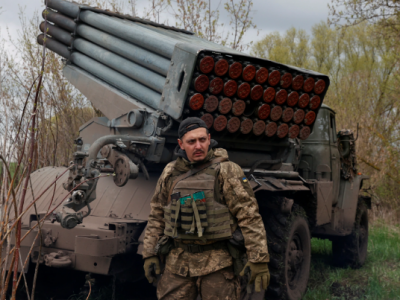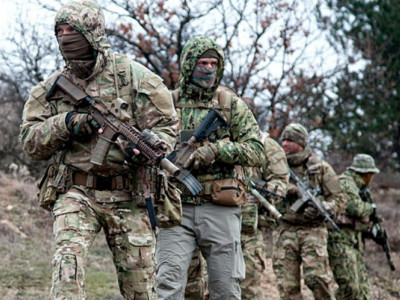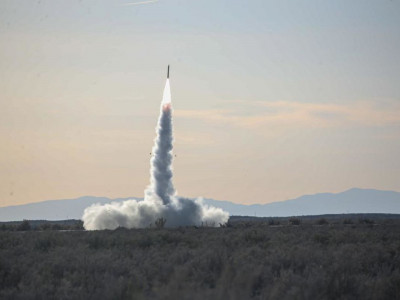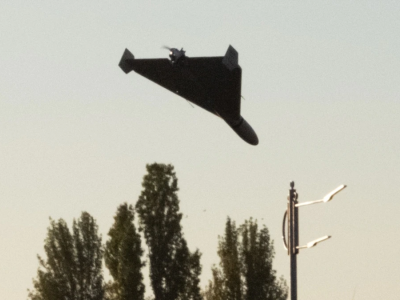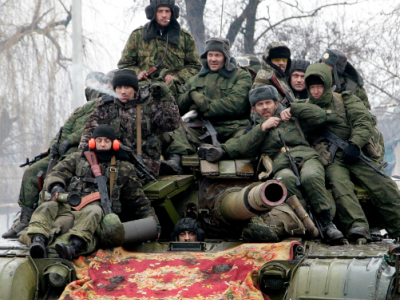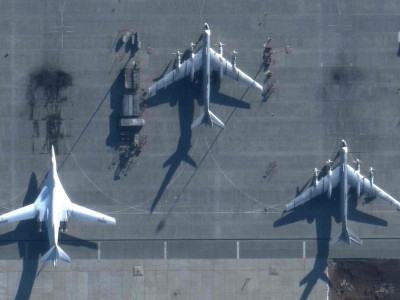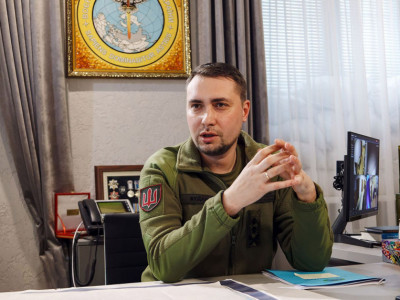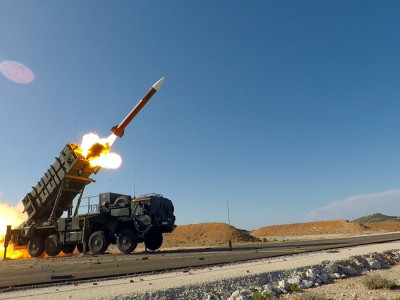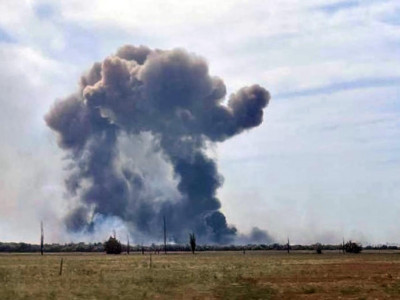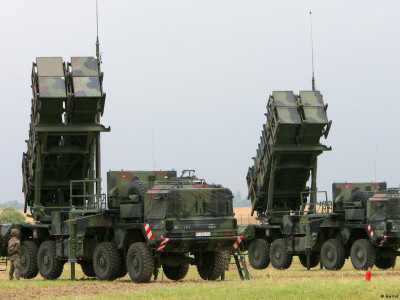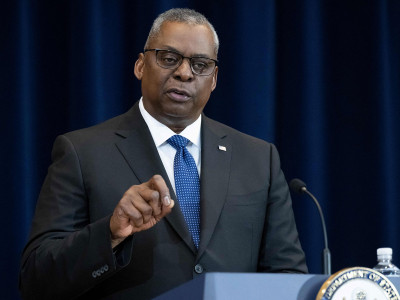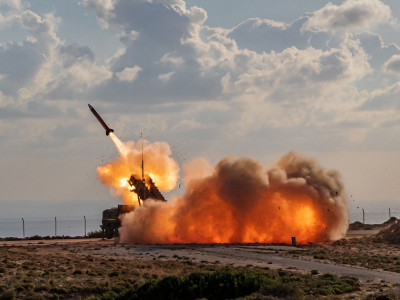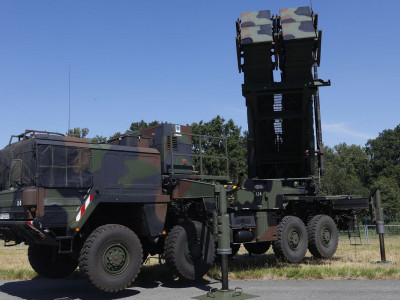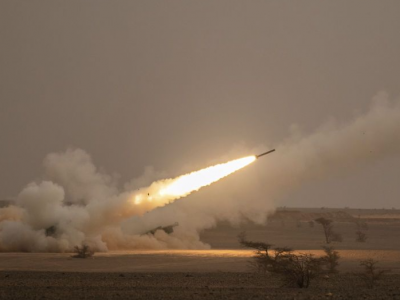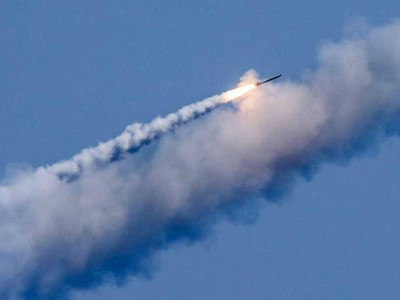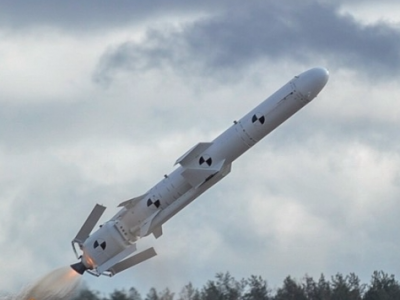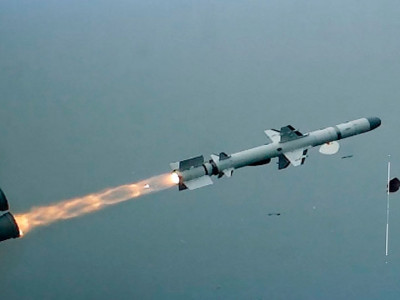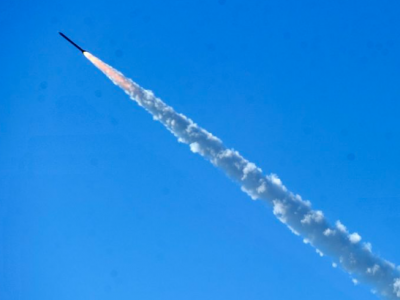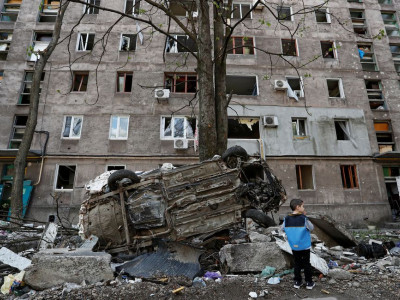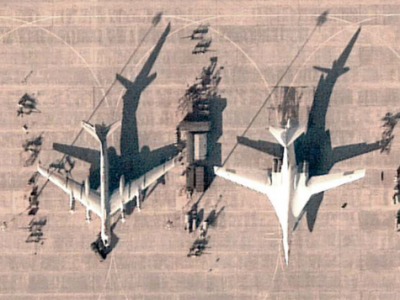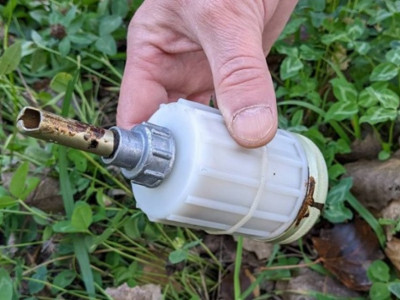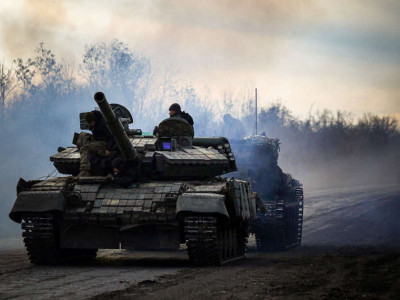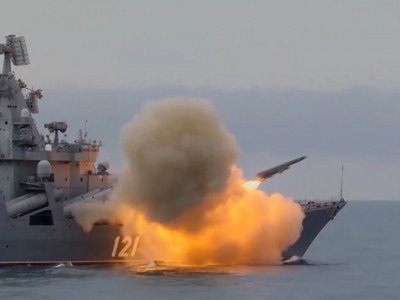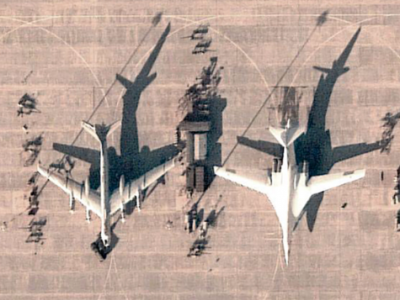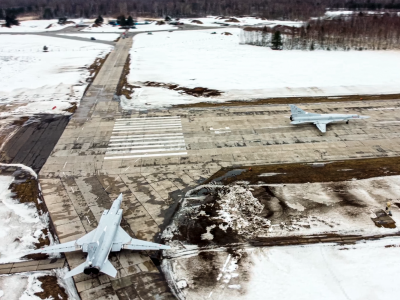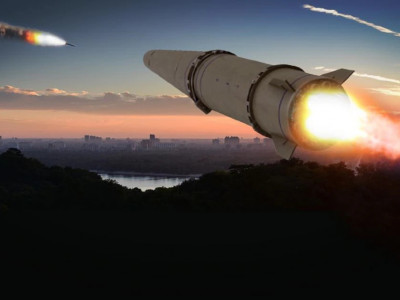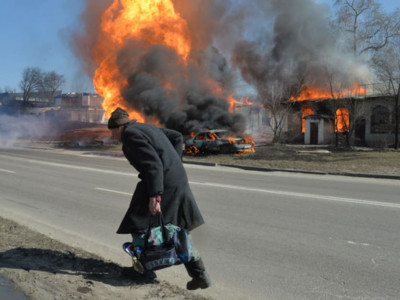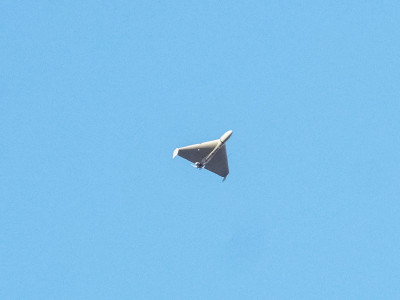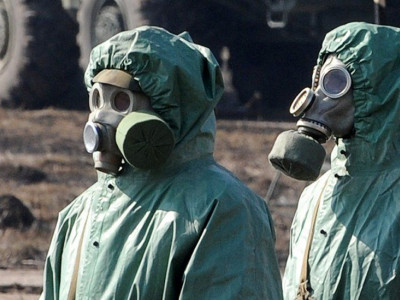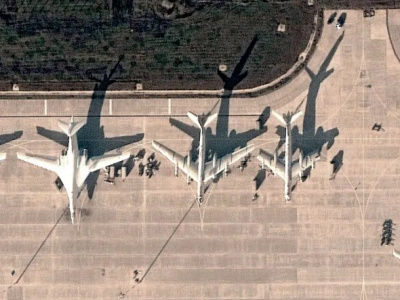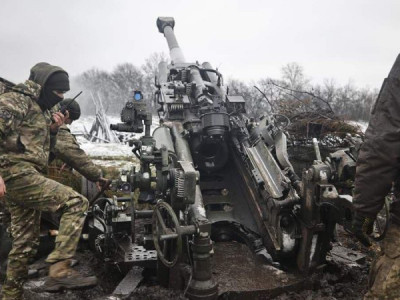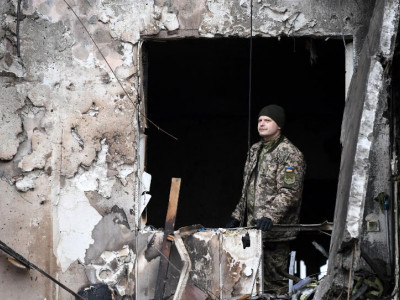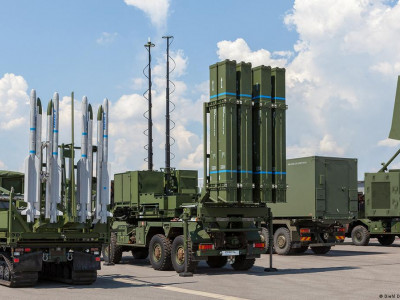Who influences Macron: how France's leading parties split over support for Ukraine

On 8 September, the National Assembly (the lower house of France’s parliament) considered a vote of confidence in Prime Minister François Bayrou. France’s current government was dismissed.
This is the first time in the history of the Fifth Republic that a government has fallen due to a vote of confidence initiated by the government itself.
Even more importantly, however, this step has triggered a new parliamentary crisis, significantly raising the risk of early parliamentary elections.
Against this backdrop, it is worth taking a closer look at France’s leading political forces – and, above all, their stance on support for Ukraine.
* * * * *
As Ukraine enters its fourth year of full-scale war, Paris remains one of Kyiv’s most significant European partners. But as the French political landscape increasingly fractures, rhetorical support does not always translate into weapons, votes, or long-term commitment.
French politics is structurally presidential, but the executive depends on Parliament to pass budgets, ratify treaties, and shape the political climate. This makes party alignments crucial, especially as France prepares for 2027 presidential elections, and potentially early legislative ones.
French public discourse around Ukraine is also filtered through a specific cultural lens. Unlike in Eastern Europe, "militarism" is deeply controversial in France, even on the mainstream left and centre. Many parties, especially leftist’ La France Insoumise (LFI) and Les Écologistes, insist that "support" means humanitarian aid and diplomacy rather than weapons, which can blur the alignment lines for foreign observers.
While open support for Putin is rare in France outside the far-right, suspicion of NATO is widespread, particularly on the radical left. LFI’s leader Jean-Luc Mélenchon has repeatedly denounced NATO as an imperialist structure, which complicates his party’s stance even as it condemns Russia’s invasion.
Meanwhile, far-right Rassemblement National faces reputational isolation. The party’s past admiration for Putin, its 9.4-million-euro loan from a Russian bank, and its refusal to vote for key military aid packages make it toxic to French banks and most coalition-building efforts.
President Emmanuel Macron, leading the Renaissance party (part of the Ensemble coalition), has positioned himself as an advocate of Ukraine on the diplomatic stage. France has delivered 30 Caesar howitzers, SCALP-EG missiles, dozens of AMX-10 RC armoured vehicules, and is now exploring the possibility of military training on Ukrainian soil. More than 6,000 Ukrainian soldiers have already received training in France.
Yet behind strong presidential speeches, Macron’s coalition has hesitated to escalate. France is still far behind Poland, the UK or Germany in terms of military volumes delivered. A certain strategic ambiguity, calling for negotiations while supplying long-range missiles, defines the centre’s approach.
President Emmanuel Macron, who leads the Renaissance party (part of the pro-government Ensemble bloc), positions himself as an advocate for Ukraine on the diplomatic stage.
No major internal disagreement has emerged within the Ensemble coalition on Ukraine.
Still, some centrist MPs, especially from MoDem (Francois Bayrou’s centrist Party), have warned against escalation and have pushed for increased parliamentary oversight of aid mechanisms.
At the European level, Renaissance MEPs aligned with Renew Europe backed all major pro-Ukraine resolutions, including the recent one urging the use of frozen Russian assets for reconstruction.
Still, Macron’s refusal to deliver Leclerc tanks, or to publicly endorse Ukraine’s NATO membership before 2027, has drawned criticism from Eastern partners.
France has delivered more than €3.8 billion in military aid, including:
Macron’s 2024 announcement of a €200 million fund for Ukrainian defence procurement in France shows a shift toward deeper cooperation, albeit still far from Poland’s or Germany’s levels.
According to the French National Assembly records, Macron’s majority voted almost unanimously for:
In the European Parliament, MEPs from Renaissance (part of the liberal Renew Europe group) supported nearly all measures, including the designation of Russia as a state sponsor of terrorism and proposals to seize Russian assets.
Traditionally Gaullist and pragmatic, the Republicans have maintained a broadly pro-Ukraine line in both the National Assembly and the European Parliament. The party supported weapons deliveries, condemned war crimes, and backed sanctions.
Yet this position is relatively recent. Until 2021, figures like Thierry Mariani (now with National Rally) were known for their pro-Russian stances.
The party's repositioning accelerated after Russia’s full-scale invasion.
A split in 2024, following Eric Ciotti’s removal from leadership and his rapprochement with RN, pushed the party further into a pro-European, pro-Ukraine position. Philippe Juvin, an the Republicans deputy and doctor who served in Ukraine in 2022, has been among the most active pro-Ukraine voices in French politics.
On the European stage, the Republicans advocates for European strategic autonomy, viewing Ukraine’s resistance as a trigger for reviving European defence industries.
La France Insoumise, LFI, presents perhaps the most ambiguous case. The party’s official stance condemns Russia’s aggression; but insists on a diplomatic solution, avoiding military aid discussions, and strongly opposes NATO expansion.
In contrast, within the country – especially among left-wing forces – distrust of NATO is widespread.
In parliamentary debates, LFI deputies have:
Ahead of the 2024 European elections, LFI declared it would support continued aid but not the deployment of French soldiers or authorisation of strikes inside Russia. This reflects the party’s strict anti-militarist stance.
The party has also been divided internally. Figures like Clémentine Autain and François Ruffin have distanced themselves from Mélenchon’s more aggressive rhetoric, though the party line remains cautious.
In the European Parliament, LFI MEPs (within The Left group) abstained on several key Ukraine resolutions, including one condemning Russian propaganda (2023).
Similarly, in the European Parliament, deputies from La France Insoumise (part of The Left bloc) abstained from voting on a resolution condemning Russian propaganda – a move that has drawn sharp criticism.
A minor parliamentary force but historically significant, the Communist party holds 12 seats and often influences left-wing debates through the NUPES (Leftist) alliance.
It has taken a firm anti-militarist stance on Ukraine: condemning the Russian invasion and affirming Ukraine’s sovereignty, but opposing arms deliveries and NATO’s role in the conflict. The party consistently votes against military aid in the Assembly, including France’s bilateral security agreement with Ukraine in 2024, while supporting humanitarian aid and resolutions condemning war crimes.
It calls for a UN-led ceasefire and diplomatic solution, warning against escalation through Western military coalitions.
However, within the NUPES alliance there are parties that take a more pro-Ukrainian stance.
Once a dominant force in French politics, the Socialis party now holds a reduced but symbolically relevant role, with 32 deputies in the National Assembly (mostly under the NUPES alliance). The PS has adopted a stable but low-profile pro-Ukrainian position: ahead of the 2024 European elections, PS leaders reiterated their support for Ukraine but rejected direct military intervention.
Raphaël Glucksmann, head of the party list in the EP and part of the S&D group, has been outspoken in defending Ukraine’s EU path, calling for EU-wide action on Russian propaganda, asset seizure, and post-war reconstruction.
Nationally, the PS supported the 2024 bilateral security agreement between France and Ukraine, and its MPs regularly voted in favour of aid packages, including the €3 billion loan facility and military assistance frameworks.
However, the party’s lower media visibility and internal disagreements within the NUPES coalition have occasionally diluted its impact on shaping public discourse on Ukraine.
The Greens support Ukraine’s sovereignty and European integration, but often warn against over-militarisation.
Their party calls for:
In both chambers and the European Parliament, EELV generally votes with the pro-Ukraine majority, though with nuanced amendments focusing on civilian protection.
Marine Le Pen’s party (more precisely, the party led by Jordan Bardella, who has headed the far-right since 2022) maintains a cautious and often ambiguous stance on Ukraine.
Due to the full-scale invasion, the National Assembly has found itself in reputational isolation. Past ties to Putin, a €9.4 million loan from a Russian bank and the refusal to vote for key military aid packages make the party toxic to French banks and most potential coalition partners.
They have officially condemned Russia’s invasion of Ukraine but has repeatedly withheld support from key pro-Ukraine initiatives.
Its deputies refused to endorse France’s 2024 bilateral security agreement with Kyiv and collectively abstained from a March 2025 National Assembly resolution calling for increased European assistance and the use of frozen Russian assets to fund Ukraine’s reconstruction. On both occasions, the National Assembly aligned itself with La France Insoumise in its refusal to approve the texts.
In the run-up to the 2024 European elections, party leader Jordan Bardella sought to reassure voters that the National Assembly would not cut off existing humanitarian or military aid. But he also drew red lines: no deployment of French troops, and no authorisation for strikes on Russian soil.
Both in the National Assembly and in the European Parliament, National Assembly regularly votes against pro-Ukrainian initiatives or at least abstains.
They justify their position with
- Last
- February, 05
-
-
-
-
- April, 28
-
-
-
-
-
-
- April, 27
-
-
-
-
-
-
-
-
-
News by day
18 of September 2025
